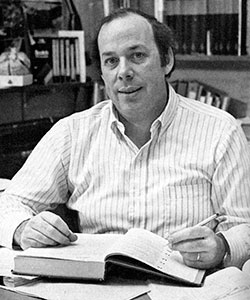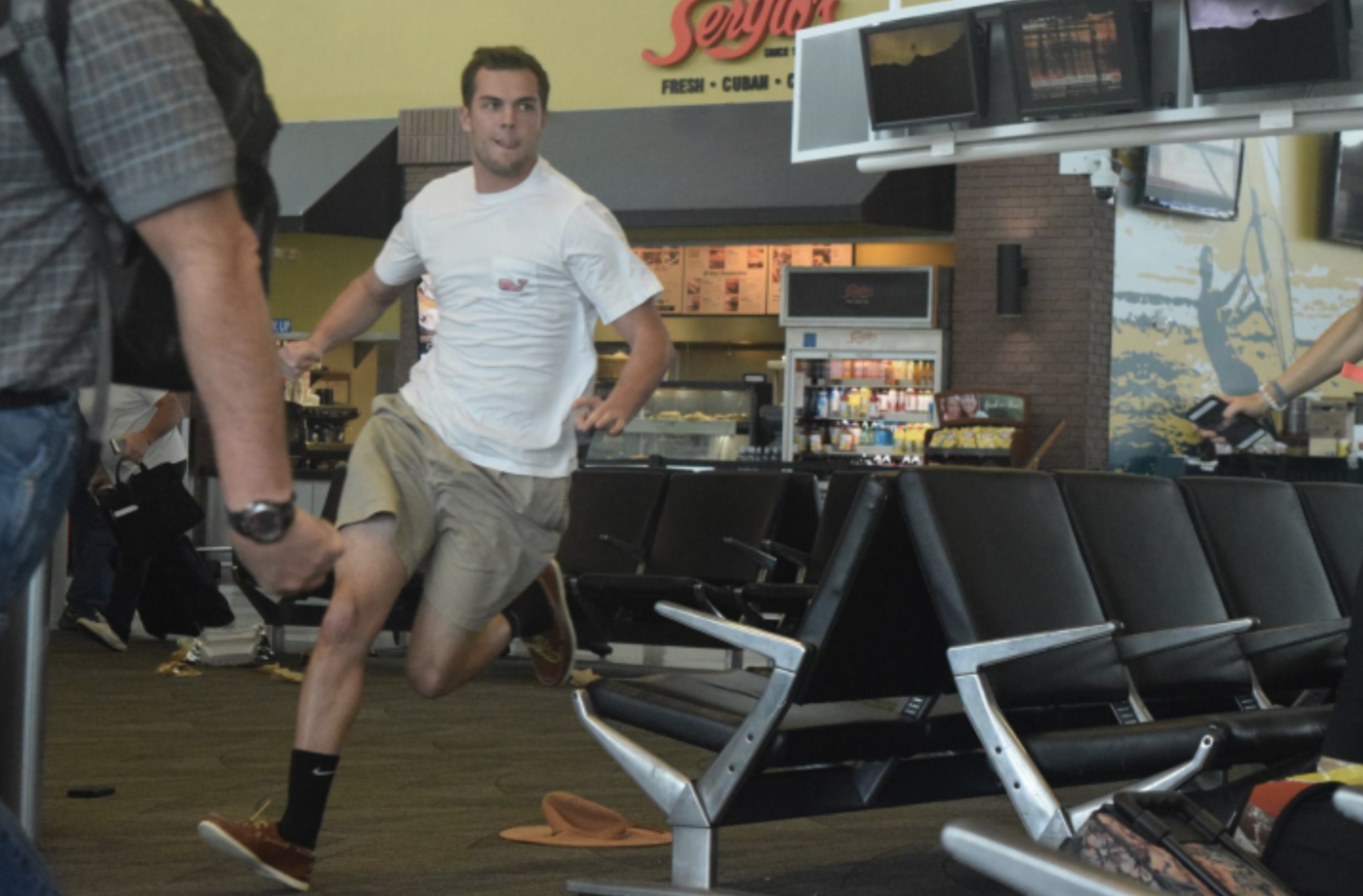By Spencer Pauley, Managing Editor
sgpauley@owu.edu
Former Provost David Robbins’ death came on Sept. 30, but despite his departure from this world, Robbins left a legacy at Ohio Wesleyan.
Robbins’ death came at the age of 75 due to pancreatic cancer. He was at the Grady Memorial Hospital at the time of his death.
Robbins was a part of the psychology department since 1973. During his time at OWU, Robbins received a few awards, including the Sherwood Dodge Shankland Award for Encouragement of Teachers in 1980 and the Bishop Herbert Welch Meritorious Teaching Award in 1994. He was also awarded an Honorary Alumnus from Ohio Wesleyan in 2008. Professor of Physics and Astronomy Barbara Andereck worked with Robbins for many years and remembered how much the honorary degree meant to Robbins.
“It’s not a common thing for faculty members to be named [honorary alumnus] but it was because he contributed so much to the institution,” Andereck said. “And I know that meant a lot to him, he valued that because he felt strongly about this institution.”
Robbins helped develop the neuroscience program at OWU which was named after him in 2011 as the “David O. Robbins Neuroscience Program.”
Robbins was provost of OWU from 2005 to 2011. He started off as interim provost for a year because of his experience in the University Governance Committee. Andereck was a part of the Governance Committee along with Robbins. She remembers Robbins specifically saying that he would be Provost for a year, but that was it. But after some persuasion, Robbins became the provost.
The current provost of OWU, Dr. Chuck Stinemetz, remembers Robbins’ advice to him as he took over the position.
“I remember David [Robbins] telling me ‘every decision I make is in the best interest of the students,” Stinemetz said.
Stinemetz believed Robbins was always looking out for others. “He had a very long and deep understanding of the institution,” Stinemetz said. “A real commitment to the students.”
Robbins became interim president of OWU after Mark Huddleston’s departure from that role in 2007. His time in that role lasted only till the following year but major donations came in that time span.
“He was a very effective interim president because we had money that was given to the university under his leadership, which is quite unusual [for an interim president],” Andereck said.
President Rock Jones said that Robbins had an enormous impact on him when he was hired and during his first years as president.
“He always was honest and trustworthy, and he was especially helpful in my early years in orienting me to OWU and to the values and customs of this university,” Jones said. “I benefited from his candor and from his wise counsel as well as his sense of humor and his great love for OWU.”
The memorial service for Robbins was held on Oct. 4 in Delaware. Robbins is survived by his wife, Janice Robbins and his two daughters Cynthia and Karen Robbins.


